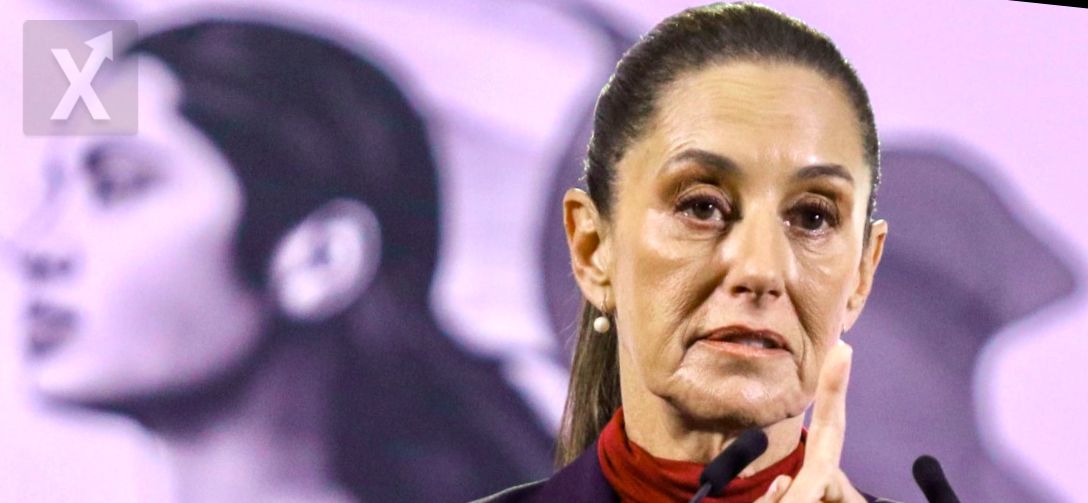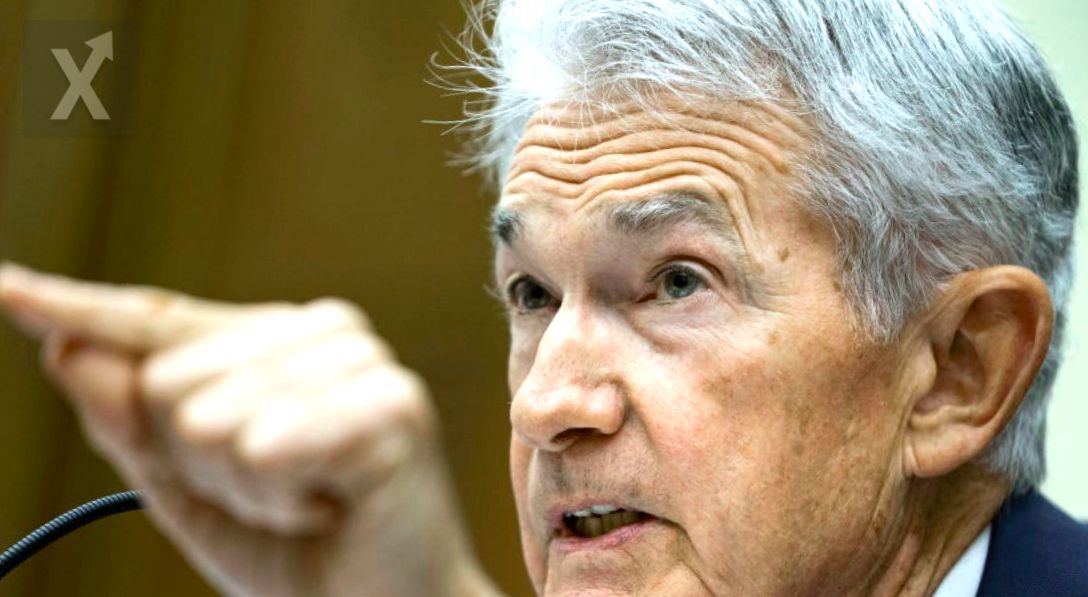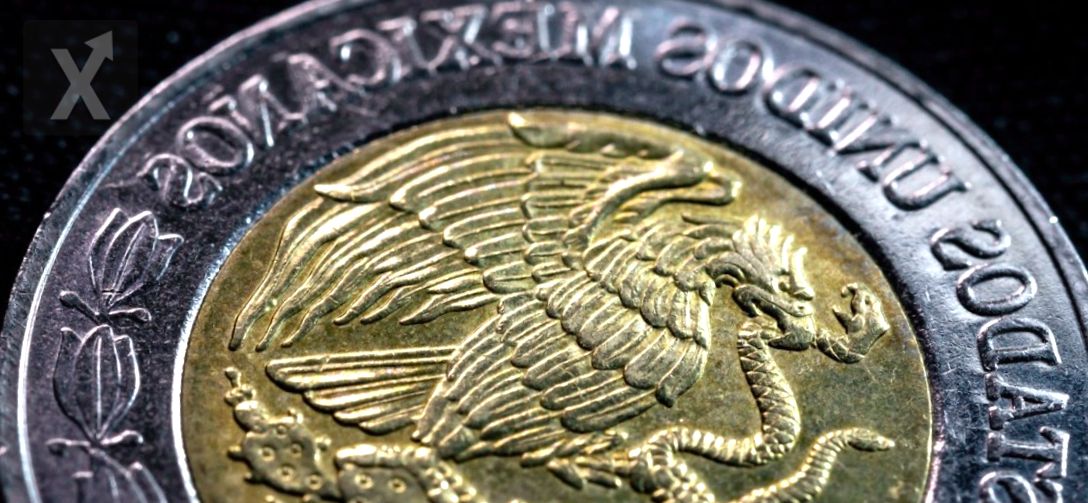The Minimum Wage Will Increase by 12% in 2025

This Wednesday, the Ministry of Labor and Social Welfare announced a 12% increase in the minimum wage for the year 2025. With this raise, the new minimum wage will be set at 278.80 pesos, while in the Northern Border Free Zone (ZLFN) it will be 419.88 pesos, as confirmed by Marath Baruch Bolaños López, head of the Ministry of Labor, during President Claudia Sheinbaum's morning conference.
"This increase is another step toward recovering the purchasing power of the minimum wage, aiming for it to cover the cost of 2.5 basic baskets," Bolaños López remarked. "Yes, with this increase, we’ve achieved a recovery of 135% to date," he added. Thanks to this adjustment, starting next year, people will be able to buy 5.3 kilograms of beans, 5.6 kilograms of eggs, and 13.2 kilograms of tortillas, the official specified. President Claudia Sheinbaum expressed gratitude to the Ministry of Labor, the National Minimum Wage Commission (Conasami), as well as the labor and business sectors for reaching a consensus on the increase, which will take effect on January 1, 2025. During the previous administration, the minimum wage rose from 88 pesos in 2018 to 248 pesos in almost all of the country, and to 374 pesos daily in the northern border this year. During her campaign, Claudia Sheinbaum committed to continue increasing the minimum wage until it reaches an equivalent amount to cover 2.5 daily basic baskets, which would imply nominal increases of 11% in the coming years. In October of last year, senators approved an initiative that ensures the minimum wage will always have a rise above inflation. This reform was part of a set of initiatives sent in February by then-President Andrés Manuel López Obrador.
It is important to highlight that the increase in the minimum wage reflects an effort to improve the living conditions of workers in Mexico. However, it will be crucial to monitor the impact this has on inflation and on small and medium-sized businesses, which could face challenges in adapting to these changes. A balance between a fair wage and economic stability is essential for long-term sustainability.



